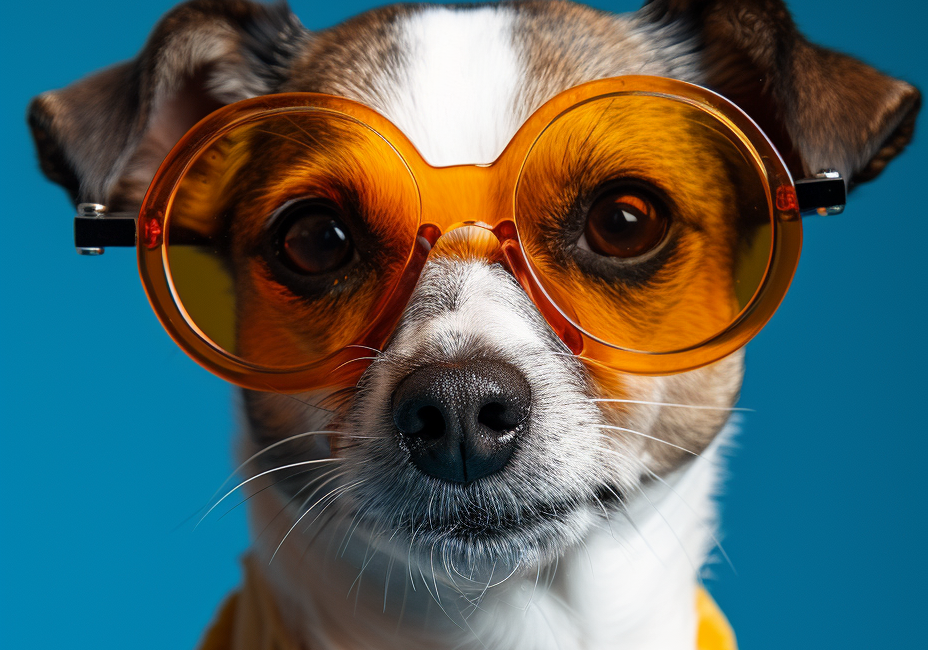Bringing a new puppy home is an exciting time filled with cuddles and playful moments. However, dealing with accidents inside the house can quickly become frustrating. You’re not alone! Many new puppy owners face this challenge. Understanding why your puppy is still peeing inside is the first step towards a solution. It could be as simple as their age – young puppies have small bladders and limited control, needing to go out frequently, sometimes as often as every two hours.
Common Reasons for Indoor Accidents:
- Age and Bladder Control: Very young puppies haven’t fully developed their bladder muscles.
- Inconsistent Routine: Puppies thrive on predictability. Irregular potty breaks can lead to accidents.
- Incomplete Housebreaking: They might not fully understand that outdoors is the designated potty spot.
- Medical Issues: Urinary tract infections or other health problems can increase urination frequency or urgency.
- Anxiety or Fear: Stress or fear can sometimes lead to accidents.
- Scent Marking: Puppies may instinctively mark their territory.
Simple Solutions That Work:
1. Establish a Consistent Potty Schedule: Take your puppy out frequently, especially first thing in the morning, after waking from naps, after playing, and after eating and drinking. Aim for every 2-3 hours for young puppies.
2. Positive Reinforcement: When your puppy eliminates outside, praise them enthusiastically and offer a small treat immediately. This helps them associate going potty outside with a positive reward.
3. Supervise Closely Indoors: When you can’t actively supervise your puppy, keep them in a crate or a small, easily cleanable area. This helps prevent accidents as they are less likely to soil their sleeping space.
4. Clean Up Accidents Thoroughly: Use an enzymatic cleaner to eliminate odors that might attract your puppy to go in the same spot again.
5. Recognize the Signs: Learn to recognize your puppy’s cues that they need to go potty, such as circling, sniffing the ground, or restlessness.
6. Be Patient and Consistent: House training takes time and consistency. Avoid punishment, as it can create fear and anxiety, making the problem worse.
Dealing with persistent potty training issues can be tough. If you’re in the Miami Shores area and need expert guidance on puppy behavior or have any concerns about your new furry friend’s health, our team at Miami Shores Animal Clinic is here to help. We offer personalized advice and care to ensure your puppy gets the best start. Contact us today to schedule a consultation! We are a veterinary clinic specializing in Miami Shores with experience in the care of puppies and their unique needs.

